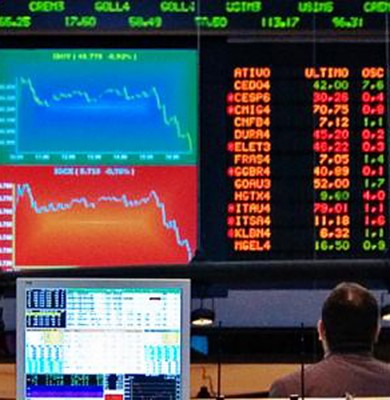M.A. Degree
Depth. Rigor. Expertise.
The Master of Arts program trains experienced journalists to go deeper and equips them with subject-area expertise so they can explain complicated issues to the public. Students develop an intellectual grounding in their concentration that enables them to ask more informed questions, evaluate evidence for competing theories and produce sophisticated and nuanced stories.
Who should apply
The M.A. program is designed for journalists who have three to 15 years of professional journalism experience. We are looking for intellectually curious students with demonstrable reporting experience and strong writing.
Applicants should be competent at the essential journalistic skills: research, interviewing and storytelling. Applicants do not need to have a background in the concentration to which they apply. We accept journalists who want to go deeper in a subject they already cover and those who want to shift focus to a new area. On rare occasions, we admit students with fewer than three years of experience but only when they a have record of exceptional work.
Curriculum
Every M.A. student takes an intensive seminar pertaining to their concentration in both the fall and spring semesters. It's designed to build the crucial context and understanding that enables groundbreaking reporting. Each term, the seminar is taught by a journalism professor with extensive experience covering that specific concentration. Professors also bring in experts from Columbia and beyond to guest teach, resulting in an unparalleled level of depth and nuance. For instance, the Science seminar might spend one class session meeting with a medical researcher, the next examining journalism about that particular type of research and then a third critiquing student work on a related assignment. Throughout, the seminars combine deep subject instruction with high‐level journalistic mentoring.
Each M.A. student also takes:
- Evidence and Inference
This fall course, taken by the entire M.A. class, teaches a disciplined “journalistic method” of testing assumptions and making sure that reporting firmly proves its points.
Students develop useful skills for working with statistics, using academic research and conducting in-depth interviews. They are also taught to carefully combine anecdote and narrative with the big picture in their writing.
- M.A. Essentials
Investigative techniques are key to 21st century journalism. Students learn the best ways to comb public records, conduct internet forensics and do thorough background searches on individuals and companies. They gain an understanding of cutting edge concepts in data journalism and how to employ them in coverage of their concentrations.
- Three Subject-Area Courses
Students may enroll in up to three graduate level courses offered anywhere at Columbia University, provided the courses will deepen their understanding of their chosen concentration. Business students must take Accounting and Corporate Finance as two of their three electives unless exempted by their concentration professor.
Each student's individual course selections are approved by the faculty.
- The Master’s Thesis
Every M.A. student undertakes a significant reporting project that results in a piece of long form journalism. The thesis gives students the opportunity to explore a topic in depth and to synthesize what they learn in a sophisticated manner.
Graduates have published and aired their theses in top‐tier outlets such as Harper's, The New York Times, This American Life, The New Yorker and The Guardian.
Course Schedule
Fall
- Seminar‐in‐Concentration
- Evidence and Inference
- M.A. Essentials
- Subject-Area Course (Accounting for Business students)
- Master’s Thesis
Spring
- Seminar‐in‐Concentration
- Two Subject-Area Courses (for Business students, Corporate Finance and one Subject-Area Course)
- Master’s Thesis
Explore Our Programs
Learn about our M.S., Dual Degree and Ph.D. programs.



